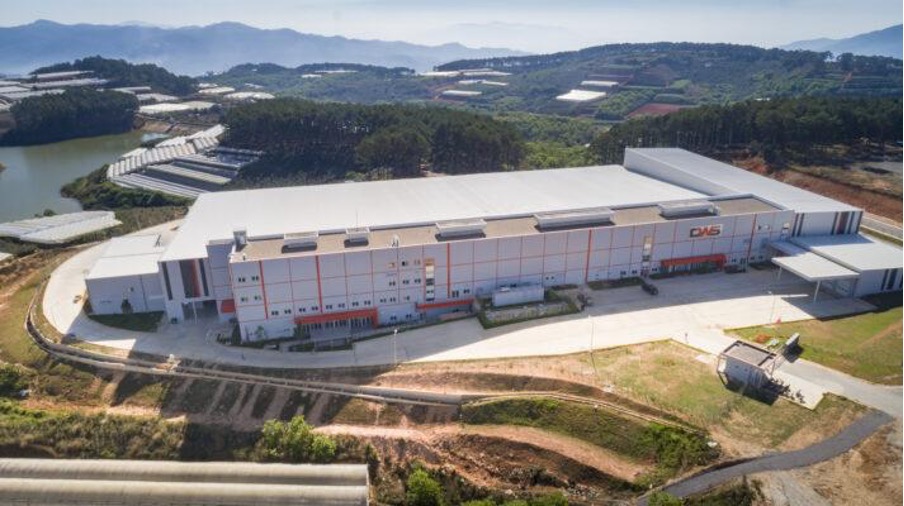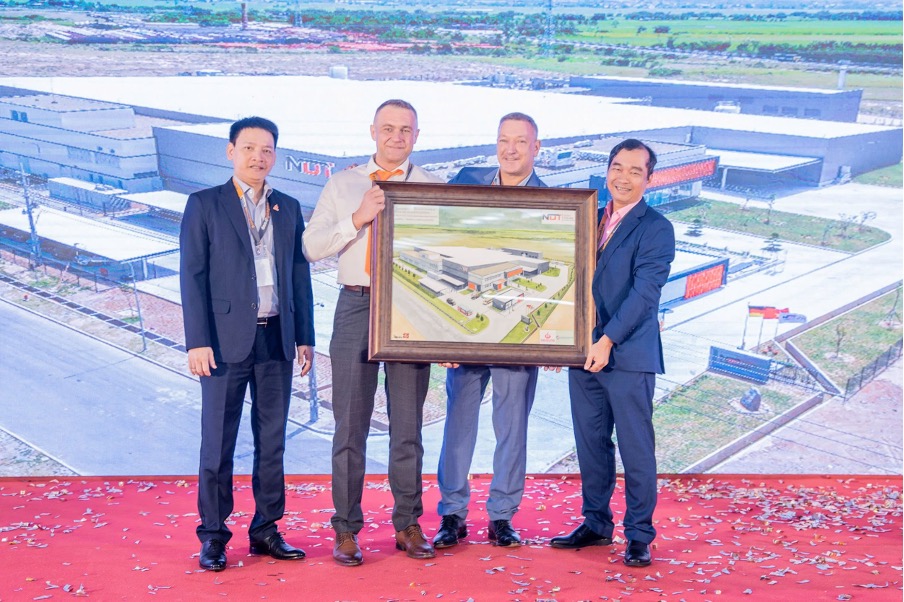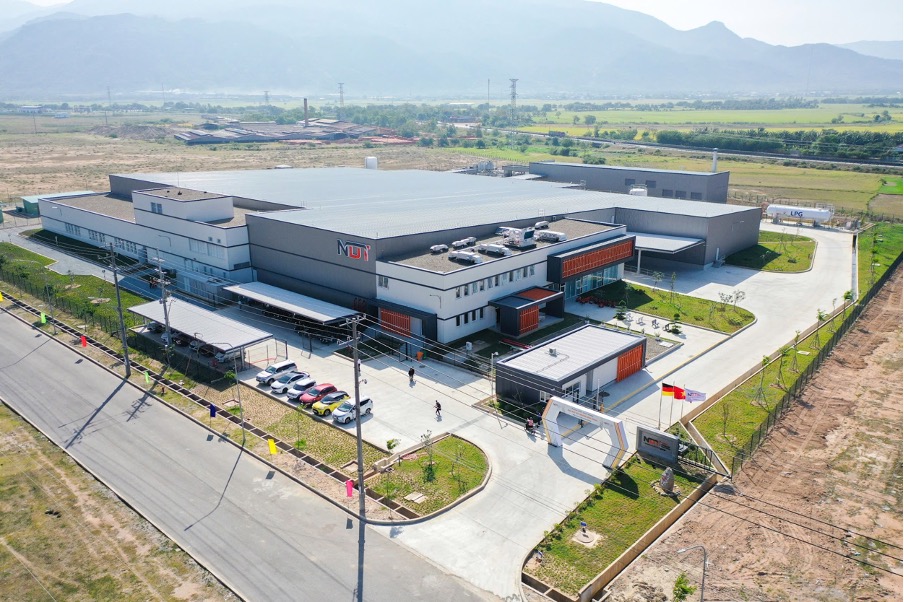EPC contracts are becoming increasingly popular in the construction and project development industry, especially in developing countries like Vietnam. This model represents a turnkey general contract that integrates three key phases: Engineering, Procurement, and Construction.

The Dalat wool spinning mill, located in the Phat Chi Industrial Complex.
Characteristics of an EPC Contract
Unlike traditional methods, an EPC contract assigns full responsibility to a single contractor, from the design phase, material supply, and construction to the handover of the completed project to the owner. The EPC model is particularly suitable for large-scale projects with technical complexity and urgent deadlines.
Common fields of application include renewable energy (solar and wind power), heavy industry, oil and gas refineries, urban transport infrastructure, and specialized industrial facilities. Having a single general contractor take comprehensive responsibility helps minimize risks arising from fragmented contracts, while also optimizing implementation time, ensuring technical synchronization, and enhancing overall management efficiency.
A key feature of an EPC contract is that it fully leverages the general contractor’s risk management capabilities—from design and cost to schedule and quality. This is also why this contract form is favored by both domestic and foreign investors, especially as clean energy projects in Vietnam are developing rapidly and require a transparent, standardized legal structure.
Legal Framework for EPC Contracts in Vietnam
Legally, EPC contracts in Vietnam are governed by the construction law system and related legal documents. The Law on Construction, Decree 37/2015/NĐ-CP, and Decree 50/2021/NĐ-CP clearly regulate the principles for entering into, performing, and adjusting construction contracts, including EPCs.
Additionally, the Law on Bidding, the Civil Code, and the Commercial Law provide the legal framework for contractor selection, contract signing, and dispute resolution.
For an EPC contract to be valid, it must meet basic conditions such as the legal capacity of the participating parties, voluntary agreement, a written contract form, and the general contractor’s professional capacity being appropriate for the nature of the project. The Ministry of Construction has also issued a model EPC contract in Circular 02/2023/TT-BXD to assist parties in correctly applying legal regulations.

A representative from DaiDung Group presents a souvenir to a representative from Südwolle Group at the inauguration ceremony of their second textile dyeing factory in Vietnam.
Legal Framework for International EPC Contracts
The legal framework governing EPC contracts abroad is primarily based on international legal rules for construction contracts, choice of law principles, and standard international contract forms like FIDIC. It also depends on the laws of the host country where the project is executed or where a foreign element related to the contracting parties exists.
Application of International Contract Standards International EPC contracts often use the templates and mechanisms of FIDIC (International Federation of Consulting Engineers), such as the FIDIC Silver Book for EPC/Turnkey contracts.
FIDIC clearly defines the role of the consultant, the rights and obligations of the parties, and mechanisms for variations in scope and contract price. Its provisions for schedule management, risk, force majeure, and dispute resolution are international in nature and may differ from the legal systems of individual countries.
Benefits of an EPC Contract
The outstanding benefits of an EPC contract are its all-inclusive nature, transparency, and ease of control. For the project owner, this model provides peace of mind regarding schedule and budget, reducing the management burden and fragmented responsibility.
For the EPC general contractor, it is an opportunity to affirm their integrated capabilities, technological innovation, and potential for profit optimization if risk factors are well-managed.
Comparing EPC Contracts with Other Contract Types
Compared to other contract types such as EPCM (Engineering, Procurement, and Construction Management), Design-Build, Turnkey, or PPP (Public-Private Partnership), the EPC contract stands out for its integration and the comprehensive responsibility of the general contractor.
While EPCM only provides management services and allows the project owner to retain control, EPC transfers all execution rights and responsibilities. This distinction makes the EPC contract an ideal choice for projects that require a fast-track schedule, a clearly defined cost, and effective risk management.
Practical Application of EPC Contracts
In general, the EPC contract is an effective solution in construction project management, especially when technical requirements are high and implementation time needs to be shortened. The correct application of the legal framework and the selection of a capable general contractor are crucial factors for ensuring the success of this model in practice.
DaiDung Group in the Field of EPC Contracts
DaiDung Group’s capability as an EPC general contractor is clearly demonstrated through the Ninh Thuan Textile Dyeing Factory project in the Du Long Industrial Park. This is the second time DaiDung Group has been entrusted by the world-leading textile group, Südwolle, to act as the general contractor for their second factory in Vietnam.

The Südwolle Group’s textile dyeing factory in Ninh Thuan.
This is an FDI project with a total investment of over 21 million USD, covering an area of 3 hectares. The factory produces worsted yarn from pure wool and wool blends for weaving, circular knitting, and flat knitting, utilizing modern German production and environmental treatment technology.
Faced with stringent requirements and criteria regarding architectural design, environmental impact, space optimization, and demanding implementation schedules, DaiDung Group surpassed many other reputable firms to become the trusted choice for the project.
These successful projects affirm the commitment to quality and schedule that DaiDung Group delivers to project owners who choose the EPC contract model. Through this, DaiDung Group is also progressively building its brand not only as a leading structural steel manufacturer but also as a reliable EPC general contractor.
